VIDEO FEATURE & INTERVIEW
Artist: MONICA LIONHEART
Song: “Sure Fire”
MONICA LIONHEART Web-Exclusive Interview
with M Music & Musicians magazine publisher, Merlin David
How did the idea of “Sure Fire” come to you?
“Sure Fire” is a story about hindsight. In this case, it’s highlighted regrets inside the mind of a person arguing with him/herself. When writing it, a particularly close friend of mine was suffering over an inflammatory email she’d sent—which quickly ended a long and complicated friendship/relationship. She confided that her intent was to launch a missile of emotions, even if the explosion would knock her down with it. It was supposed to be a quick means to an end—a sort of pulling of the plug that was intended to cause less pain down the road. Witnessing that whole breakdown, along with a few personal experiences of my own, is what created “Sure Fire.” In the instrumental arrangement, I wanted it to sound like a detective program (set in late ’70s or early ’80s New York City) because it’s about the messy and constant finding of clues through mistakes. For the most part, it’s never as cut and dry as a “case closed.”
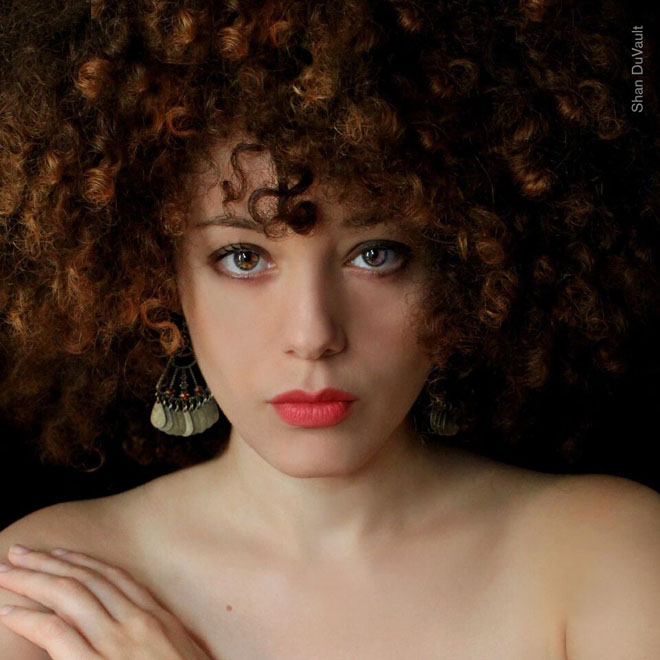
What is your creative process for writing songs?
It runs the gamut between being struck by inspiration and completing a song within one sitting, or it’s an idea that comes together like a quilt—you just work on it little by little throughout the season.
What songwriting tip would you like to offer?
Oh I couldn’t. It’s like Basquiat offering painting tips to Monet. The methods vary greatly for each artist, and it’s that originality that makes it art.
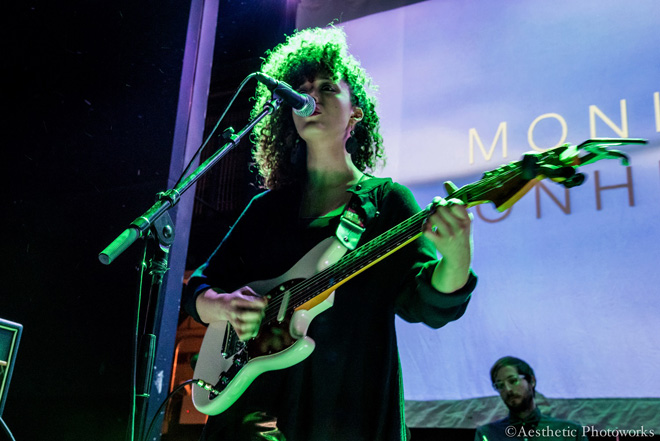
What works for you?
Having a little recorder and trying things out in different ways. I feel having a book of poetry—that you can always refer to—is important. Sometimes the melody will come, and then I try to fit the syllables. But text is captivating when you can start with the story.
How did Berklee College of Music influence your career in music?
It provided a network of musicians, some of which I still collaborate with today. On this track, for example, I worked with Ryan Alfred (he plays the bass in a well-known band called Calexico, and his own project Sweet Ghosts). He was probably one of the first people I spoke with at Berklee, and is still someone I enjoy being around and bouncing off ideas with.
How did playing in a band influence your songwriting and your music?
I think the analogy I’d use here is acting. An actor is always himself, putting his/her whole self into a role. The movies and costumes, of course, change—but I always infuse that skill which is distinctively my own. The bands I worked with varied in a sense because some were very democratic, where each member’s idea was heard and valued. Other projects were as a work for hire. It’s important that you bring your ingredient into the effort at the right time and with the correct amount –so that the product can be optimal.
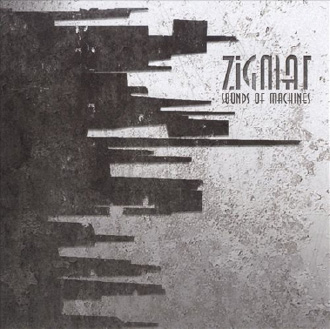 Tell us about getting a Masters in Music Technology from New York University.
Tell us about getting a Masters in Music Technology from New York University.
I was juggling that while teaching music and having an actively touring band (Zigmat) that was signed to record labels in both Spain and Brazil. Though I left NYU with my head spinning, I think it’s important to diversify yourself. Musicians in this day and age, generally speaking, have to be able to do many different things in order to maximize on opportunity.
How do you keep song ideas fresh?
We all deal with such an array of emotions, and thus I don’t believe there’s a time where song ideas aren’t “fresh.” The topics of human life are endless, all the while, being relatable, and so, there’s always something inspiring to write about.
You write in Spanish as well as English. Do you prefer one over the other?
Well, because music is a universal language, I’d say that I can shift gears rather easily without thinking about it. However, Spanish is my first language, so when writing of my first emotion, love, I do feel it’s more romantic—more felt and perhaps more poetic. Even if you don’t speak the language, listening to a foreigner pour their heart out will affect you because the transcendence of music is what carries it.
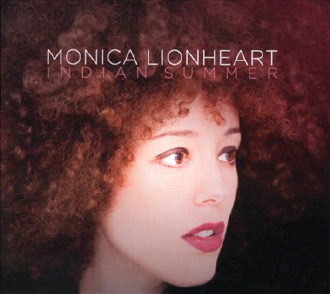 Tell us your experience with other revenue streams for songwriters—like commercials and song placements in TV/movies.
Tell us your experience with other revenue streams for songwriters—like commercials and song placements in TV/movies.
One of Indian Summer’s two Spanish tracks, “Relampago” was used in an episode of the HBO Latino series Capadocia. I have also worked independently on commercials for Audi, Nissan and Le Méridien.
Top 5 Musicians or Songwriters who inspired you to become a musician?
It seems that as of this year they are slowly graduating into their next life. David Bowie and Prince are an incredible source of inspiration. Joni Mitchell, Kate Bush and Björk made me lean in and listen, and painted the path ahead.
I believe you started piano lessons at age 5. Is that still your main instrument?
I’m just as comfortable with percussion, as well as guitar. I’m also a professional flautist. I play whatever I can get my hands on, and see sound/timbre as a color, finding ways to incorporate these textures into a song. I have a collection of peculiar instruments—everything from a Cuìca to a Rainstick to an Oud, etc.) that you’ll hear, especially in my earlier albums. In “So Sure,” a song I did with Zigmat, I play a typewriter—which you can see in the music video.
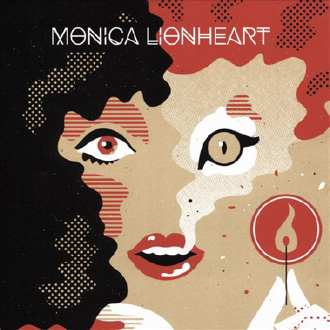 One instrument you can’t live without—that helps you write, record or perform?
One instrument you can’t live without—that helps you write, record or perform?
Let me tell ya a story ’bout “Bertha.” (Laughs) She’s my big, backbreaking Fender 78 key Rhodes. I sold her about a year ago and couldn’t stop thinking about her. I wrote so many songs with her, even if the Rhodes wasn’t in the recording. Well, after several haunting nights of hearing her call my name, I traveled to the state I sold her in—conveniently, I was having a show there—and bought her back for more than I sold her for. She had a couple of loose teeth (keys) but that’s alright. I’m just happy that Bertha and I will continue to turn out tunes together.
Tell us about your new album Missed Connections, and the inspiration behind it.
Spiritually, I was going through a growth spurt and shedding a lot of old skins. Inadvertently lay a pile of songs that were thematically similar—they all seemed as if they could be stories pulled from the “Missed Connections” section of the newspaper or Craigslist. The titles themselves (“Sandcastles,” “Diamonds and Ashes,” “Strangers,” “Ghost,” “Run”) tell of connection/disconnection.
For someone who is only now discovering your music, what one other album should they listen to—to give them valued perspective on their new Monica Lionheart journey?
If you listen to Indian Summer and Missed Connections and still want more, I would recommend you check out Sounds of Machines from Zigmat. I formed this band when I first moved to NYC, and I still think our full-length record is a color blast, and would give you a clearer image of my music.
What are your Top 5 favorite albums of all time?
Nevermind (1991) – Nirvana
The Whole Story (1986) – Kate Bush
Rumours (1977) – Fleetwood Mac (I never get sick of it)
Los Abrazos Rotos / Broken Embraces (2009) – Alberto Iglesias (really any Pedro Almodóvar movie soundtrack composed by Iglesias)
Prince & David Bowie—anything they’ve done—it’d simply be crazy not to.
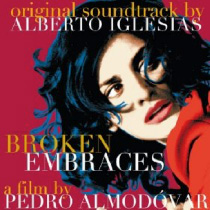
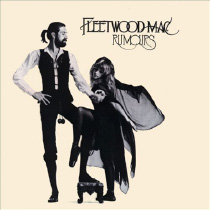
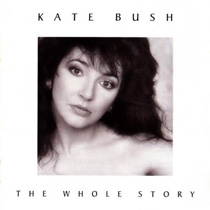
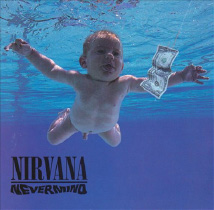
What’s next for you?
Right now, I’m promoting Missed Connections. I also work with OneBeat (1beat.org)—work with people from around the world, to help them express music and come up with social solutions. It is collaboration with artists from everywhere. I am touring this Fall. I’m working on getting my music into film and commercials. Other than that, more touring and more writing. I plan to start work on a third album next year.
For more info and to stay updated:
MonicaLionheart.com
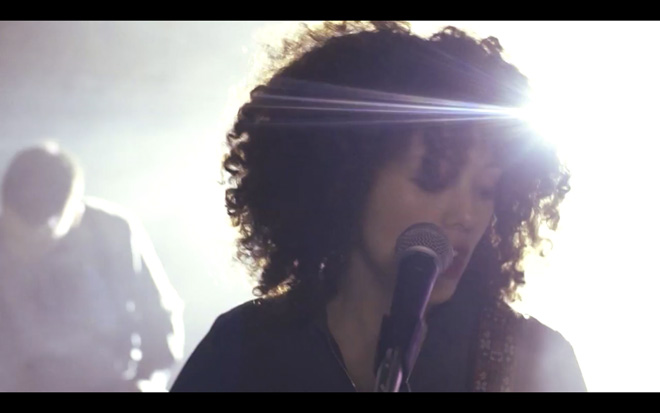




comment closed